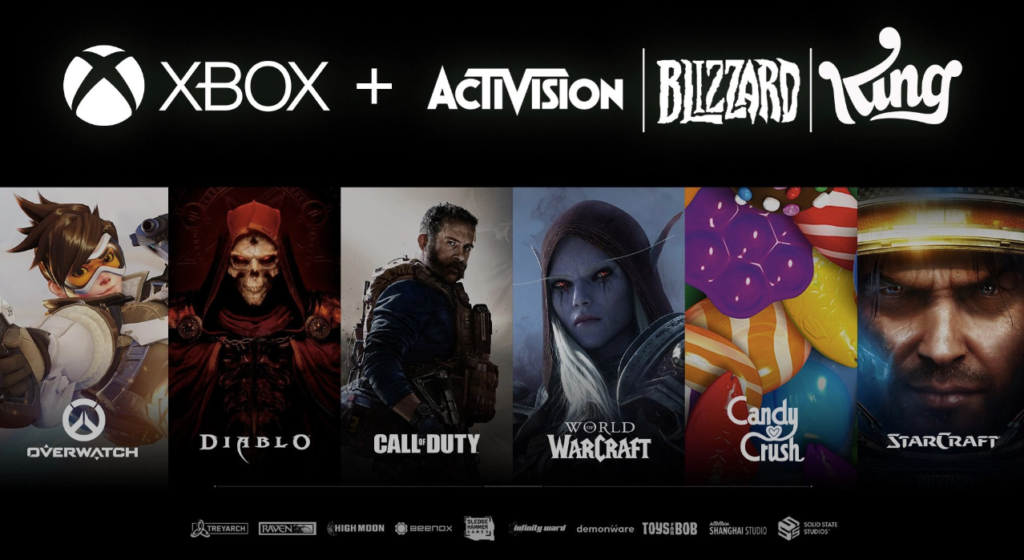|
Getting your Trinity Audio player ready...
|
Microsoft’s $69bn (£55bn) bid to acquire Call of Duty publisher, Activision Blizzard has received approval from European Union (EU) regulators. The EU’s decision comes after Microsoft was able to address competition issues that the regulatory body had initially raised.
However, the proposed takeover still needs the approval of regulatory bodies in the United Kingdom and the United States. Three weeks ago, the UK’s Competition and Markets Authority (CMA) blocked the deal, citing concerns that it would harm competition in the emerging cloud gaming business.
The CMA’s decision was a major setback for Microsoft and Activision, given that the US Federal Trade Commission (FTC) had already filed a lawsuit in December 2022 to block the deal. The FTC trial is scheduled to begin in August, and a judge’s decision is not expected until the end of the year.
Microsoft and Activision filed an appeal against the CMA’s decision and have reportedly hired high-powered lawyers to fight it. On Thursday, the CMA dealt another blow to Microsoft and Activision by restricting them from acquiring stakes in each other without prior written consent.
Despite these hurdles, the EU has approved the acquisition. Microsoft’s offer of 10-year free licensing deals was a significant factor in the EU’s decision. The deal promises access to European consumers and cloud gaming streaming services to Activision’s PC and console games, thus ensuring fair competition in the market.
According to the EU competition watchdog, “The commitments fully address the competition concerns identified by the Commission and represent a significant improvement for cloud gaming as compared to the current situation.”
The proposed acquisition is poised to be the biggest deal in gaming history, but it has split global regulators. While the EU has given its approval, the deal still faces significant hurdles in the UK and the US.
Concerns Over The Acquisition
The acquisition of Activision Blizzard would give Microsoft access to some of the biggest franchises in gaming, including Call of Duty, World of Warcraft, and Candy Crush. This move is seen as a significant step for Microsoft’s gaming ambitions, as it seeks to expand its offerings in the fast-growing gaming industry.
The global gaming market is expected to reach a value of $293bn by 2027, and cloud gaming is becoming an increasingly important part of the industry. Microsoft has been making significant investments in its cloud gaming platform, Xbox Cloud Gaming, which allows users to stream games on various devices.
The acquisition of Activision Blizzard would give Microsoft an even larger library of games to offer on its cloud gaming platform, making it more competitive with rivals such as Google and Amazon.
However, the deal has faced opposition from some quarters, with concerns being raised about the impact it could have on the industry and on consumers. Some have argued that the acquisition would give Microsoft too much power in the gaming market, which could lead to higher prices and fewer choices for consumers.
The US and UK regulatory bodies have expressed similar concerns, which could make it more difficult for Microsoft and Activision Blizzard to gain approval for the acquisition. It remains to be seen how the regulatory battles will play out, but one thing is clear: the outcome of this deal will have significant implications for the gaming industry as a whole.
